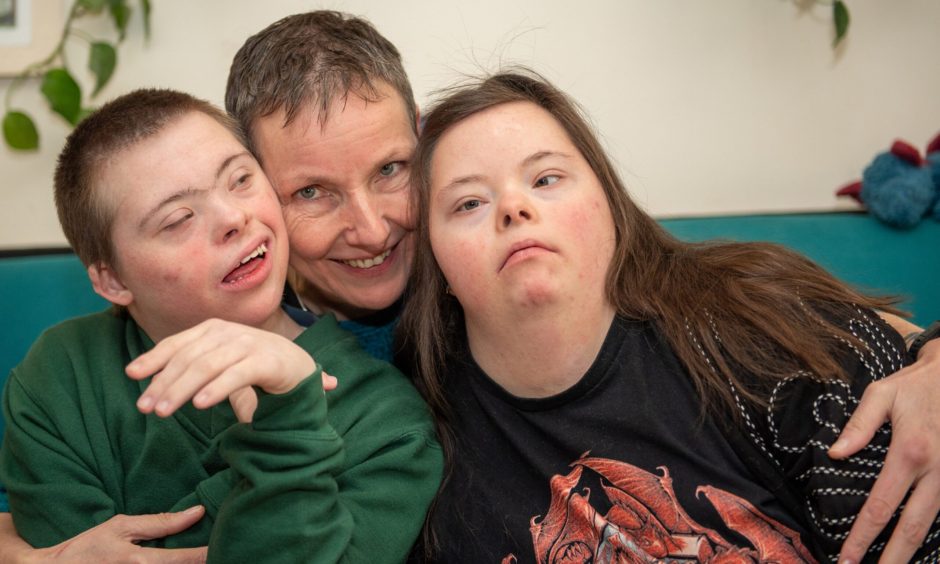
While we all have our trials, life as a 62-year-old single mother to two children with Down’s syndrome is a challenge bigger than most.
And that doesn’t tell the whole story of Irena Boettcher’s life.
She lives in Aberdeen with daughter Kirsten, 23, and adopted son Pascal, 21.
Kirsten and Pascal are both at the acute end of Down’s syndrome, and Pascal is also severely autistic.
The family are originally from Karlsruhe in Germany, but with Irena long having dreamt of living in Scotland, they moved to Aberdeen in 2015.
Irena took the brave decision to adopt Pascal when he was only 10 days old and had been abandoned by his parents in a hospital in Germany.
“When Pascal’s parents were told he had Down’s syndrome, they didn’t even look at him. They left the hospital, and left him there.”
‘He felt a second child with Down’s syndrome would be too much work’: Decision to adopt cost Irena her marriage
The decision to bring Pascal into the family ultimately cost Irena her marriage, and her husband later passed away following the separation.
“I was happy about it, my husband wasn’t. We separated shortly afterwards. He thought it would be too much work.
“It was me that really pushed for the adoption, I wanted Kirsten to have a friend in life, a true friend.
“There were no problems adopting despite my age, because most people didn’t want to adopt a child with Down’s syndrome.
“When Pascal was born, he was blue and he didn’t breathe.
“He had a severe heart defect and his parents didn’t even see him, they left him in the hospital.
“I remember getting this phone call to say a baby needed a family urgently so Pascal came home to us.
“Kirsten treated him like a doll. Straight away she was the big sister, but the main thing was that she was no longer alone.”
Kirsten and Pascal’s Down’s syndrome ‘like having a 3 and a 1-year-old’
Irena said the fact that Kirsten and Pascal had each other meant that, for her, having two kids with Down’s syndrome rather than one wasn’t necessarily more work.
That said, with Kirsten and Pascal still at home long after most children have flown the nest, and hugely reliant on her for even basic tasks, Irena admits that home life isn’t always a walk in the park.
Kirsten can only speak in single syllables, while Pascal is unable to speak at all.
Irena, who was a lawyer in Germany, works from home as a translator.
“Pascal essentially can’t do anything. He’s quite good at getting what he wants, but things like dressing, washing, I have to do everything.
“With him, it’s like having a one-year-old.
“Kirsten can dress herself and do small things. She can’t cook, but she can put food on the plate and put the plate on the table and things like that.
“With her it’s like having a three-year-old.
“The one thing that’s hard sometimes is that there’s no pause, there’s no break. No holiday, no weekend, no free evening. It goes on and on and on, and it will never stop.
“It’s a bit like pregnancy – you can’t take a day off, only with pregnancy you know that after nine months it’s over.”
Physical challenges of home life…and hitting the gym ‘to keep my strength up’
Irena also has an older son Sonke, 28, who lives in Romania with his girlfriend.
Despite being a single parent in such challenging circumstances for more than two decades, Irena takes a stoical view of her life, and says she’s always been more concerned for Sonke, who doesn’t have Down’s.
“In my eyes, you don’t have more problems with handicapped kids, you just have different kinds of problems.
“To be honest, my oldest Sonke has always been more of a problem than the other two. He’s gifted and a very complicated personality, and I was always more worried about him in everyday life.
“If Kirsten and Pascal weren’t handicapped, they might be at university and there might be heartbreak, drugs, whatever. So that’s something I don’t need to worry about. But you always worry about your kids, whether they’re handicapped or not.
“It’s not harder having handicapped kids, it’s just different, it’s more physical.
“I’m pretty tired at the end of each day.
“But I can leave them alone for a short time – Kirsten can look after her brother with basic things – so I get to the gym five times a week.
“One reason for that is to keep up my strength. Pascal weighs around 40kg and for some things I have to carry him.
“And secondly, it’s one hour outside just for myself – that’s where I recover, essentially.”
Fear of the future without her
The unrelenting nature of Irena’s life as a carer for Kirsten and Pascal begs the question: what will happen to them in the future?
“I’m 62 now, so it’s a logical question. In 20 years I probably won’t be here anymore. In 10 years I might still be here, but perhaps not able to care for them.
“The fear of what will happen in the future is always there. That’s something that’s really hard.
“Ultimately they’ll need to go into a home.
“Kirsten will probably miss me, and the dog, but she’d be happy because she’s among other people three days a week at the North East Community Workshop on Holland Street, which she loves. I think she’d be happy in a home.
“Pascal maybe wouldn’t even miss me because he’s in his own world. So I think it would probably be okay for them if they have to go into a home. But I don’t like the thought.
“I wish I was 42, and knew I’d be able to take care of them for another 30 years. But it is what it is.”
Life as a Down’s syndrome family in Aberdeen a very different experience
A lifelong lover of all things Scottish, Irena finally plucked up the courage to make the move across the North Sea almost a decade ago.
“I always wanted to live in Scotland. The friendly people, the landscape.
“Nine years ago I thought, ‘okay you have to do it now. If you’re 70 you’ll never do it.’
“I talked to Sonke about it and he was very interested in studying abroad.
“Half a year later we were in Aberdeen.”
Kirsten and Pascal are two of around 4,500 people in Scotland living with Down’s syndrome.
Irena said the difference in attitude towards people with disabilities between Scotland and Germany is stark.
“In Scotland, people are accepted the way they are. That’s one of the reasons I love it here.
“But in Germany if you have a handicapped kid people openly ask you why it’s not in a care home.
“When we go places here like the theatre, Kirsten will dance and sing, and Pascal might take the hand of the person next to him.
“In Germany they would ask me to take the kids out. Over here, people laugh and think it’s fine.”
‘No regrets’
With no husband and two children with Down’s syndrome, Irena said she was considered “different” in Germany.
But whatever challenges life has brought her, whether going through with Kirsten’s birth amid doctors’ concerns, adopting Pascal, societal attitudes, or moving abroad, she has never wavered in any of her decisions.
“Ultimately, I have no regrets.”
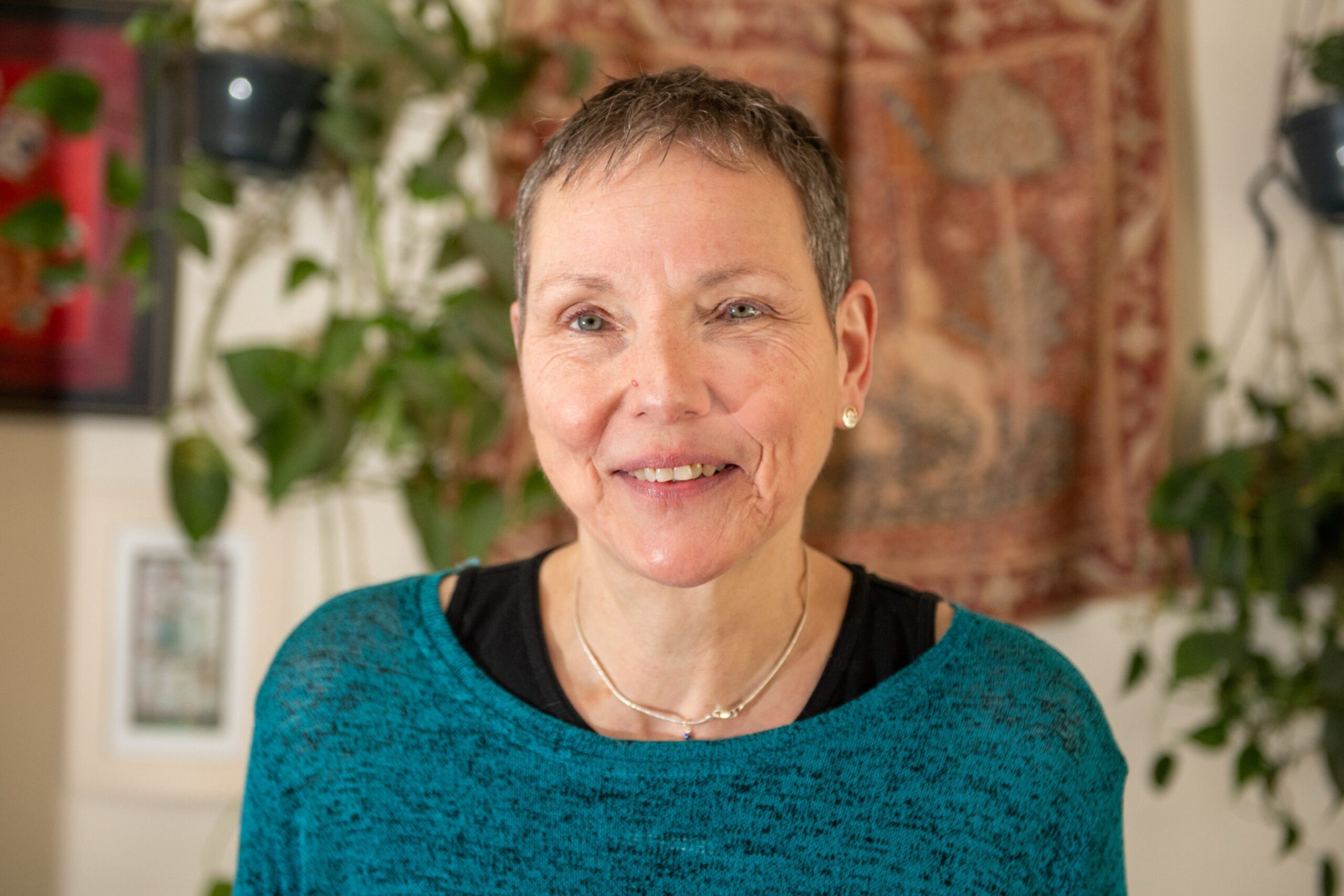
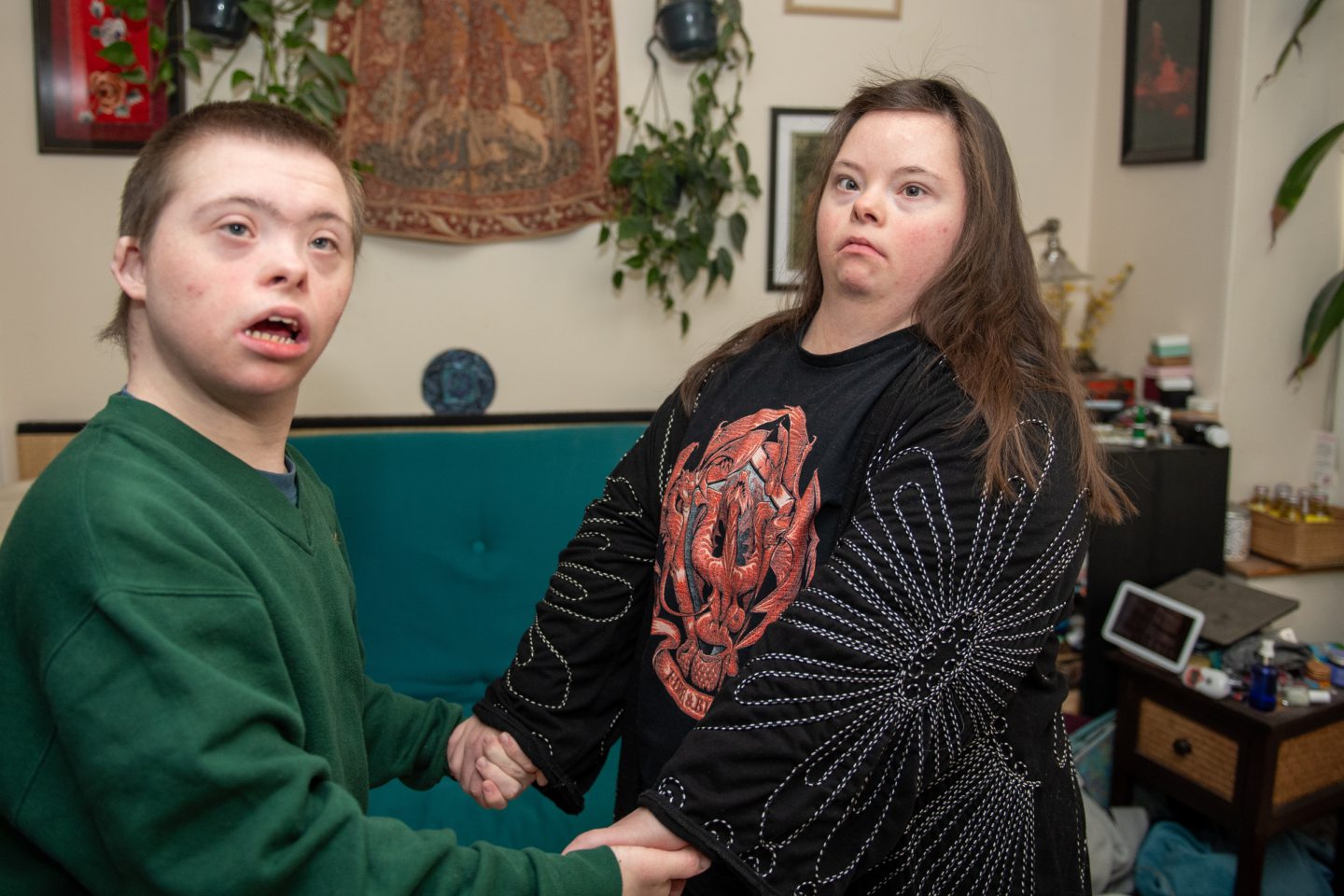
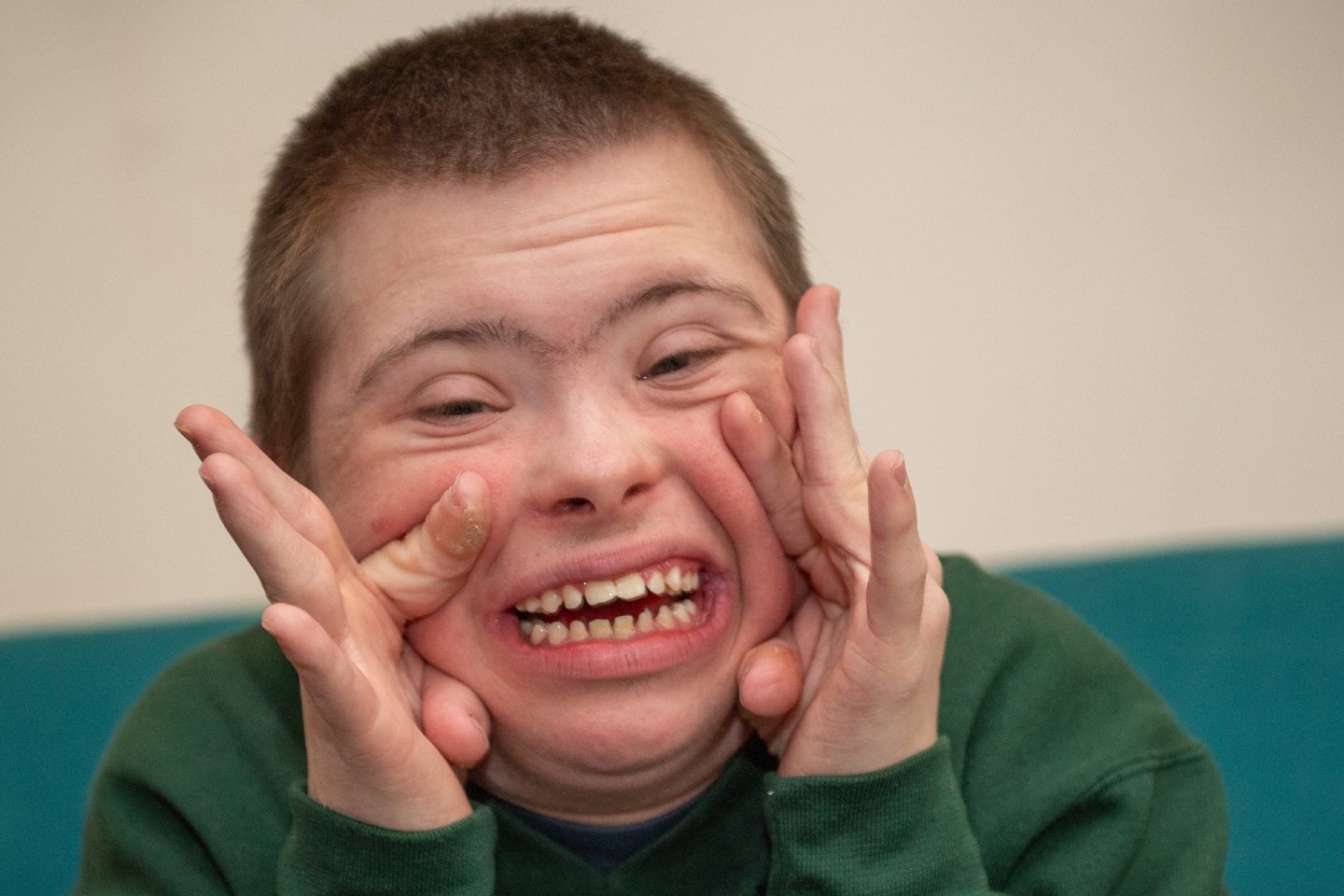
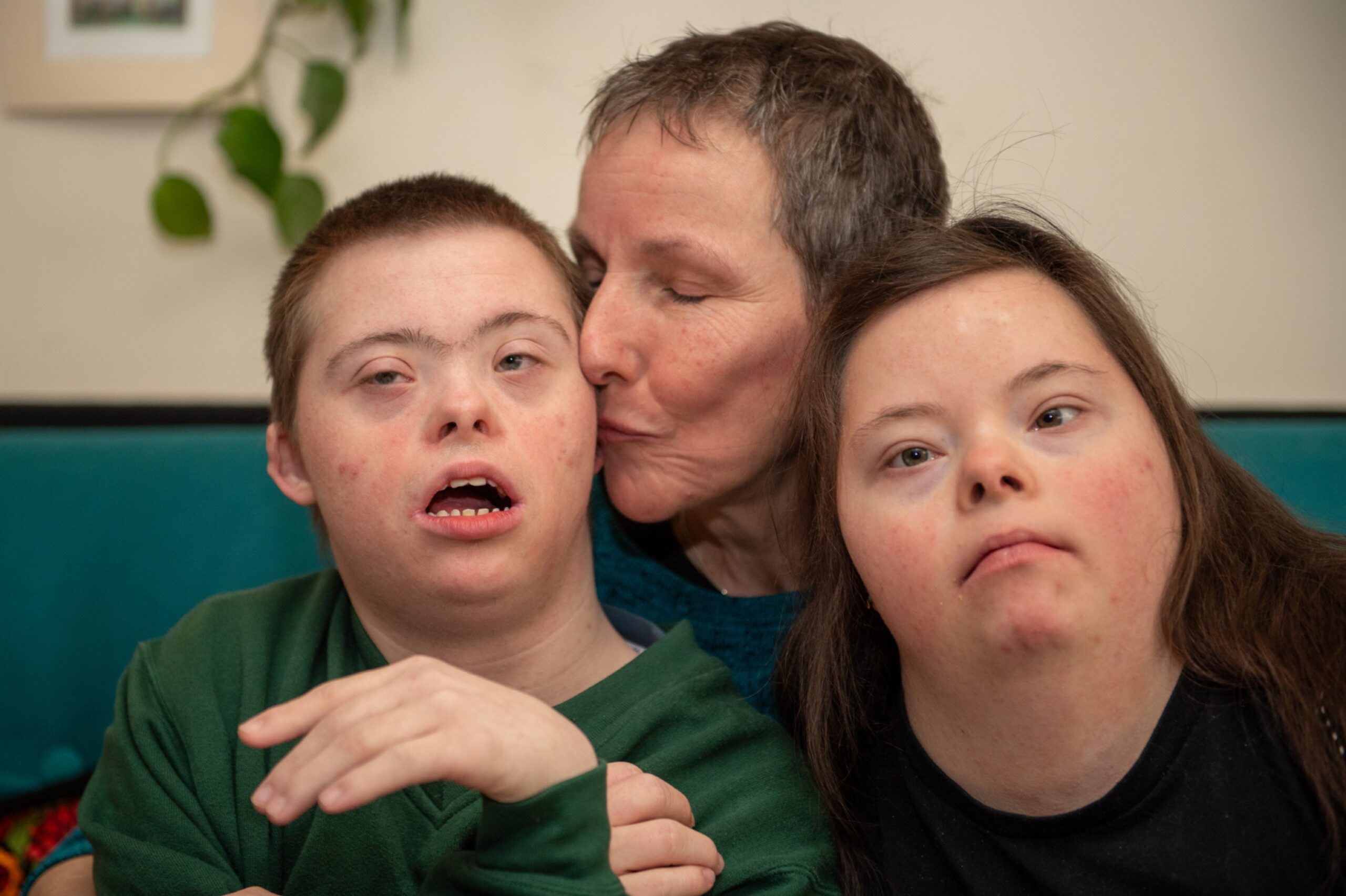
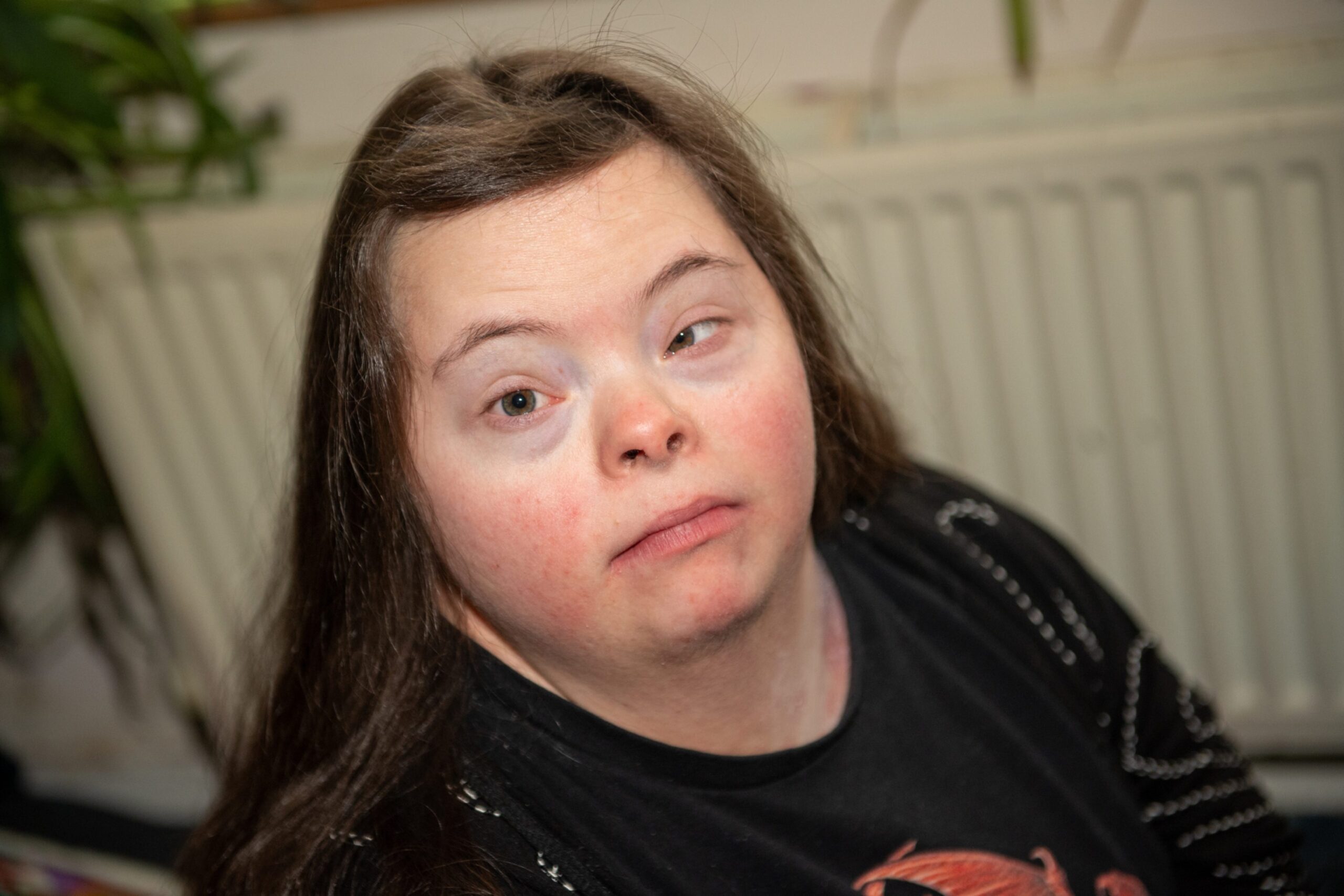
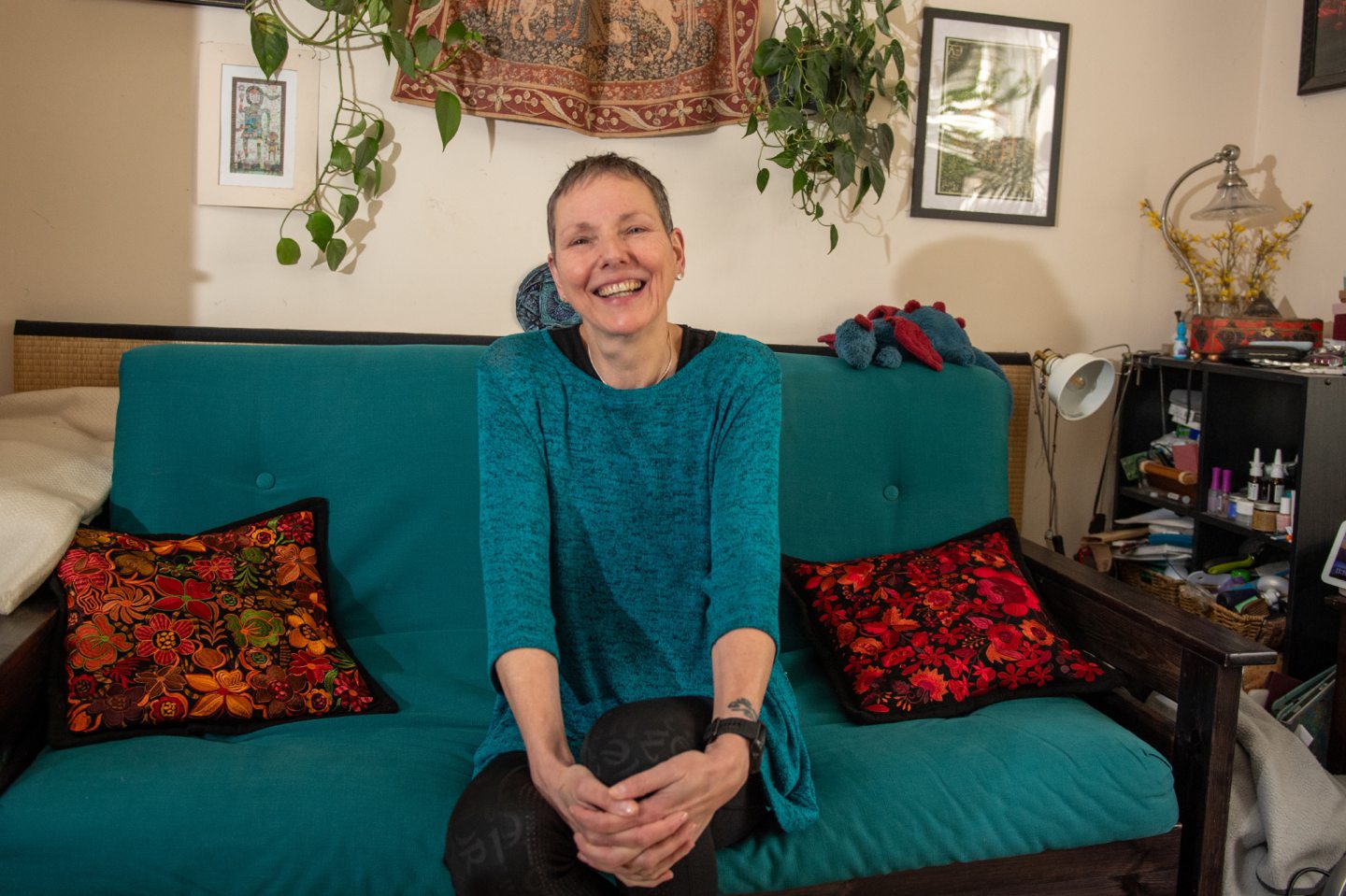
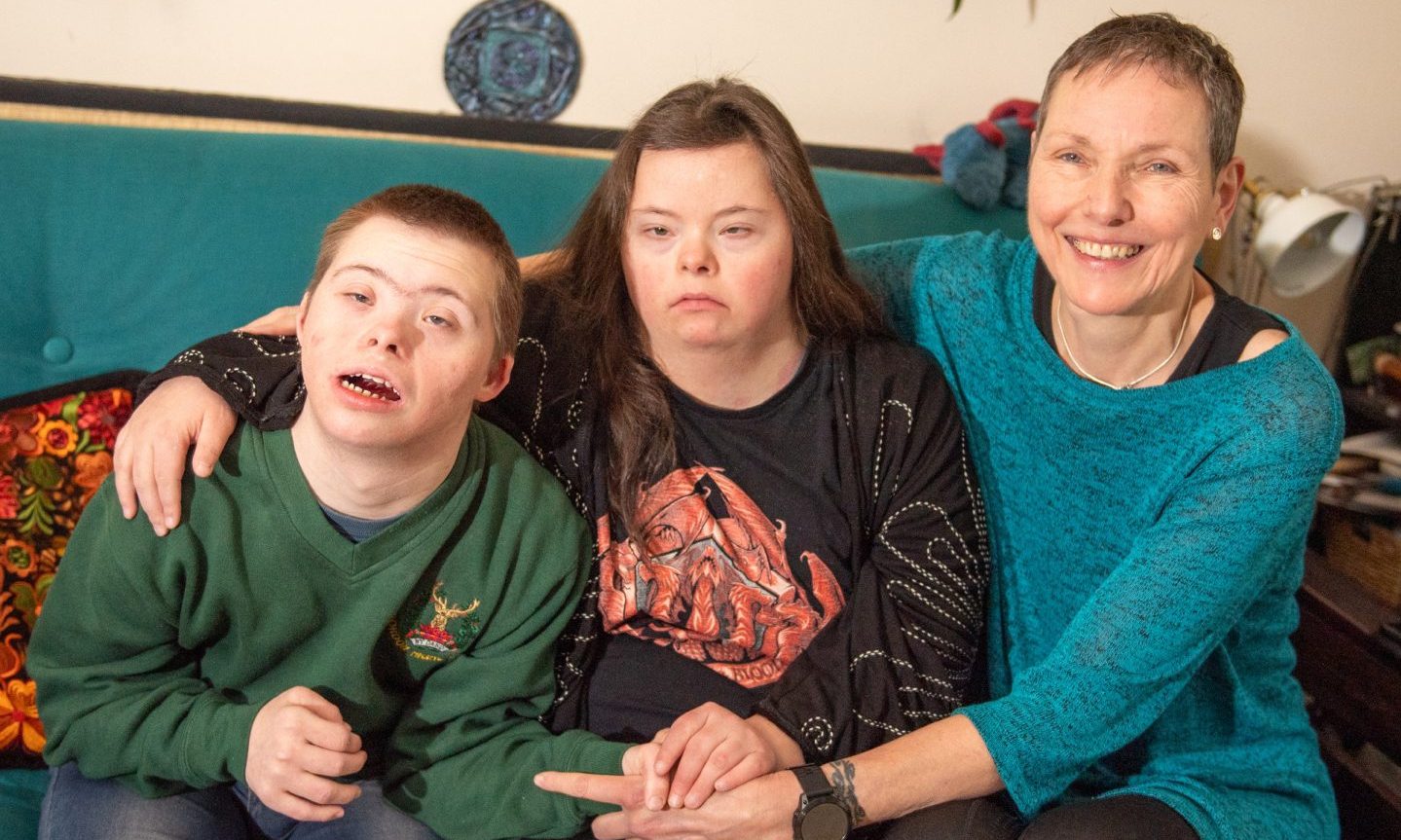
Conversation